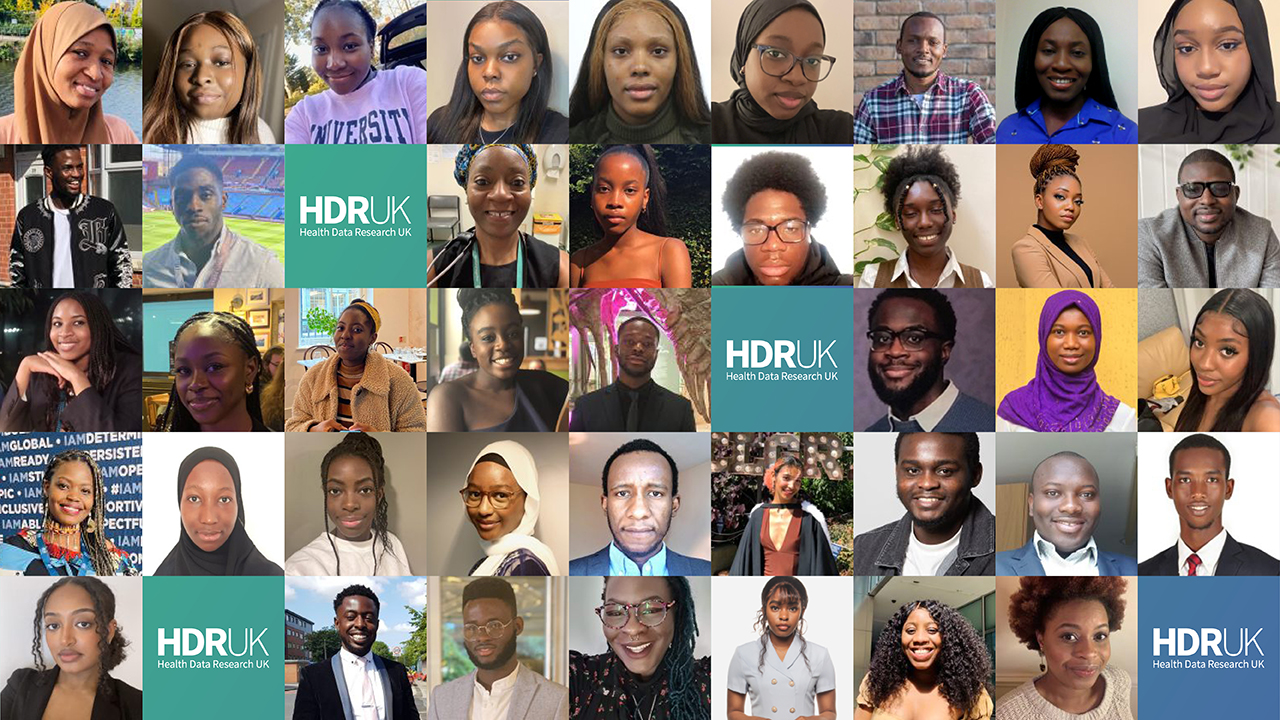How is HDR UK addressing the digital skills shortage in health data science through short training courses?
19 March 2019 | Author: Gabriella Rustici, Associate Director of Training
A shortage of statistical and computational skills [1] is well recognised in the health care sector and advances in technologies such as Artificial Intelligence [2] (AI) will create an even greater skill mismatch in the future. For example, the many thousands of staff in the NHS whose work involves the creation, curation and analysis of data will need to develop their range of skills so as to make the most of innovative technologies such as genomics, digital medicine, AI and robotics to improve services. It is therefore of paramount importance that specialised training solutions are developed to upskill the existing workforce, train future data science experts and build skills capacity on a UK-wide scale.
The Digital Literacy Gap

HDR UK is developing a training strategy to address the need to increase digital literacy, at all career stages, from undergraduate to continuing professional development. We are working in partnership with other agencies and initiatives that have proven successful in developing solutions to address similar skill gaps in other communities.
One such example is our new collaboration with the Software Sustainability Institute (SSI) [3], which is dedicated to cultivating better, more sustainable, research software to enable world-class research. SSI, in collaboration with ELIXIR-UK [4], the UK life science infrastructure for biological information, has brokered the national roll-out of courses from the Carpentries project [5] and developed an extensive training program for the life sciences consisting of a series of short hands-on, intensive, bootcamp-style workshops, that teach essential computing and data skills to researchers and scientists.
HDR UK and SSI are currently working on a proposal to develop a Health Data Science focused curriculum for short courses, created and maintained by the HDR UK community, accessible to all, modular, and suitable for a range of audiences. Under this proposal, the curriculum will be developed by a core team of HDR UK data scientists, in partnership with SSI and clinical experts. Training materials will be developed collaboratively, though hackathon-style workshops, and shared via a software development platform like GitHub. The curriculum will then be tested through a series of pilot training courses and further developed by the HDR UK community, involving anyone keen in joining this effort.
Capacity Building
In order to build capacity even further, HDR UK will also run a “Train-the-trainer” program, teaching prospective trainers how to deliver this type of short, hands-on course, therefore enabling partner organisations to deliver such training in-house.
I have been involved in building a collaboration between SSI and ELIXIR [6] for the past 3 years, in collaboration with Dr Aleksandra Nenadic, Dr Aleksandra Pawlik and Prof Carole Goble from the University of Manchester. In the pilot phase, which took place in the UK in 2015-16, 278 life sciences researchers and 63 instructors were trained. This then allowed a wider spreading of these activities, with an additional 60 training events taking place across Europe, and Carpentry courses being integrated in both Master-level and undergraduate courses.
We now have a great opportunity to apply a similar approach to HDR UK, working with Dr Aleksandra Nenadic and Mr Neil Chue Hong, Director of SSI, to create an exciting training curriculum in health data science.
Stay tuned!
[1] Skill shift automation and the future of the workforce, May 2018
[2] Topol review, February 2019
[3] https://www.software.ac.uk/
[4] https://elixiruknode.org/
[5] https://carpentries.org/
[6] Developing a strategy for computational lab skills training through Software and Data Carpentry: Experiences from the ELIXIR Pilot action, July 17




